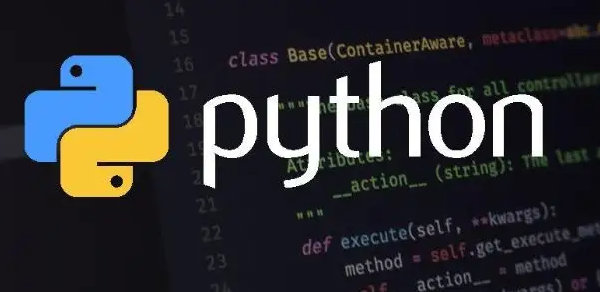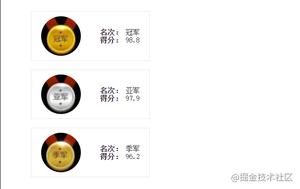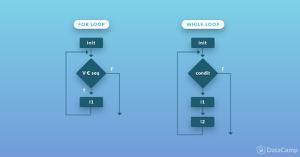Python中for循环的动态范围

之前已经讲过for循环语句了,今天我们就来看看怎样在for循环中建立动态范围吧。
我正在遍历列表,可以在迭代期间将元素添加到此列表中。所以问题是循环只迭代这个列表的原始长度。
代码:
i = 1
for p in srcPts[1:]: # skip the first item.
pt1 = srcPts[i - 1]["Point"]
pt2 = p["Point"]
d = MathUtils.distance(pt1, pt2)
if (D + d) >= I:
qx = pt1.X + ((I - D) / d) * (pt2.X - pt1.X)
qy = pt1.Y + ((I - D) / d) * (pt2.Y - pt1.Y)
q = Point(float(qx), float(qy))
# Append new point q.
dstPts.append(q)
# Insert 'q' at position i in points s.t. 'q' will be the next i.
srcPts.insert(i, {"Point": q})
D = 0.0
else:
D += d
i += 1
我已尝试在范围内使用for i(1,len(srcPts)):但是,即使将更多项目添加到列表中,范围也会保持不变。
问题是当你将它作为参数传递给范围生成器时,len(srcPts)只计算一次。因此,您需要有一个终止条件,在每次迭代期间重复计算srcPts的当前长度。有很多方法可以做到这一点,例如:
while i < len(srcPts):
....
以上就是python中for循环建立动态范围的方法。更多Python学习推荐:云海天Python教程网。
以上是 Python中for循环的动态范围 的全部内容, 来源链接: utcz.com/z/528559.html





